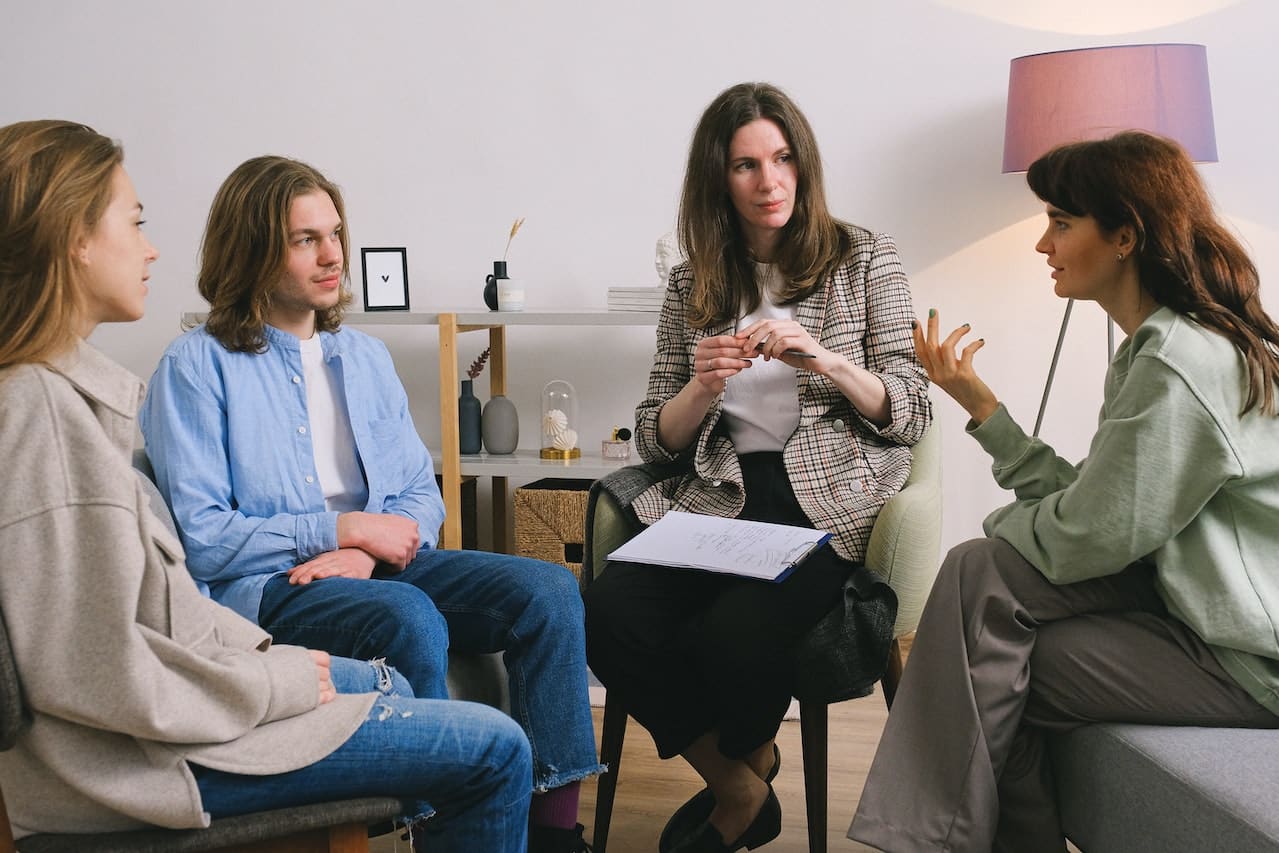SELF ESTEEM
Self Esteem
By: Courtney Garcia-Echeverria
Self-esteem is something that is often overlooked when thinking about how counseling can help a person. Self-esteem is that little voice in your head that speaks to you when you look at yourself in the mirror, when you do a project at work, and when you think of your achievements. In other words, self-esteem is how you think about yourself & the value that you give yourself. One can have high self-esteem or low self-esteem. Healthy self-esteem is when we can assess ourselves and still love who we are. Healthy self-esteem is where we realize our strengths and believe that we are worthy and of high value. If that doesn’t sound like you, you might have low self-esteem. This article will outline some signs on how to know if you have low self-esteem, and how counseling would be able to help.
Characteristics of a person with low self-esteem
- Is critical of themselves
- Ignores their positive qualities
- Judges themselves as inferior to their peers
- Uses negative words to describe themselves
- Negative, critical, and self-blaming self-talk
- Doesn’t take credit for accomplishments
- Blames themselves when things go wrong
- Doesn’t believe a person who compliments them or says a positive thing about them
How low self-esteem can impact you negatively
- Unhealthy self-criticism can lead to feelings of sadness, depression, anxiety, anger, shame, or guilt.
- Relationship problems if you believe that you are unlovable. Alternatively, a person with low self-esteem may feel angry and come across as mean, rude, or irritable.
- A person may doubt their abilities or worth and miss out on opportunities for not trying.
- A person may avoid other people because they are afraid they will be negatively judged.
- A person with low self-esteem finds it hard to cope with a challenging life event because they already believe themselves to be “hopeless”.
- A person may care so little that they neglect their self-care or abuse themselves by partaking in high-risk activities
- low self-esteem puts the person at increased risk of self-harm
Ways that counseling can help with low self-esteem
- Find out what events have transpired to tear your self-esteem down
- Teach positive self-talk
- Challenge negative self-talk by obtaining evidence that your negative self-talk is true Most of the time you’ll find that your negative self-talk is unwarranted
- Teach you to appreciate your qualities and accomplishments
- Teach you how to accept yourself and stop comparing yourself to others
- Help you work on positive affirmations like telling yourself something positive each day
- Work together on moving past previous hurt and disappointment
- Practice, practice, practice all these techniques until you know they’re true
Where can I start?
If you believe that you have low self-esteem and you’d like to work on building it up, please reach out to your therapist. Therapists are educated on different treatment plans to help self-esteem and will work with you to figure out the best fit. Take that first step and don’t look back!
References
https://www.betterhealth.vic.gov.au/health/healthyliving/self-esteem
Get Things Done


Humanistic/Client-Centered Counseling
- Humanistic/ Client-Centered Counseling is a type of therapy that helps with the improvement of self-worth.
- It helps the person inherent worth and develop a more positive image.
- This therapy technique encourages the exploration of one’s unique strengths and qualities.
- It is a powerful experience that helps a person see themselves in a new light and boost one’s self-esteem.

Rational Emotive Therapy (RET)
- Rational Emotive Therapy (RET) is a type of Cognitive Behavioral Therapy (CBT).
- RET helps people focus on identifying and changing self-defeating thoughts and beliefs.
- This therapy challenges individuals to consider evidence that contradicts their negative belief; This allows the individual to develop more realistic and healthy self-expectations.

Mindfulness-Based Therapy (MBT)
- MBT is a type of cognitive behavioral therapy (CBT).
- It invites people to become aware of their thoughts, feelings, and behaviors.
- This helps individuals be more accepting of themselves.

Art Therapy
- Art therapy helps people express themselves, work through emotions, and helps explore their identity; This technique helps increase self-awareness and allows for a more positive outlook within yourself.
- Some examples of art therapy include drawing, painting, and doing collages; Completing a piece of art gives a sense of achievement which then leads to a feeling of accomplishment.

Group Therapy
- Group therapy encourages people to connect with others who are going through similar difficulties; This helps people feel less isolated.
- This gives individuals the benefit of receiving different viewpoints from other participants.
- Group therapy is beneficial for those who are motivated to work on their problems and find it beneficial to receive support from others.
- Some techniques used in group therapy are compliments, sharing of success, and/or mindfulness activities.
READY TO GET STARTED? LET'S CONNECT!

Give Us a Call
Give us a call 24 hours a day, seven days a week. We have a dedicated intake specialist waiting to speak with you.
Call 210-523-4200!

Schedule a Telephone Intake

Send Us a Note
Send us an email about your concerns. We guarantee that someone will respond to your email within 24 hours or less. Our email address is
admin@neelycounseling.com
Resources
Contact Us
